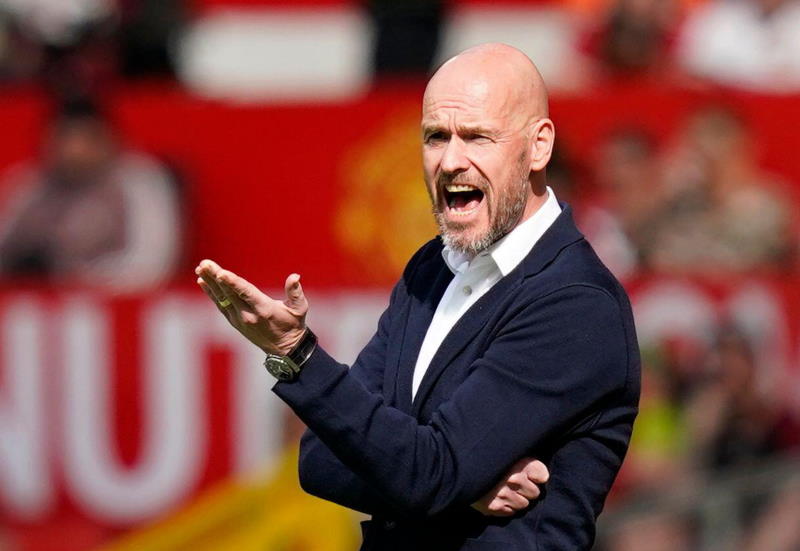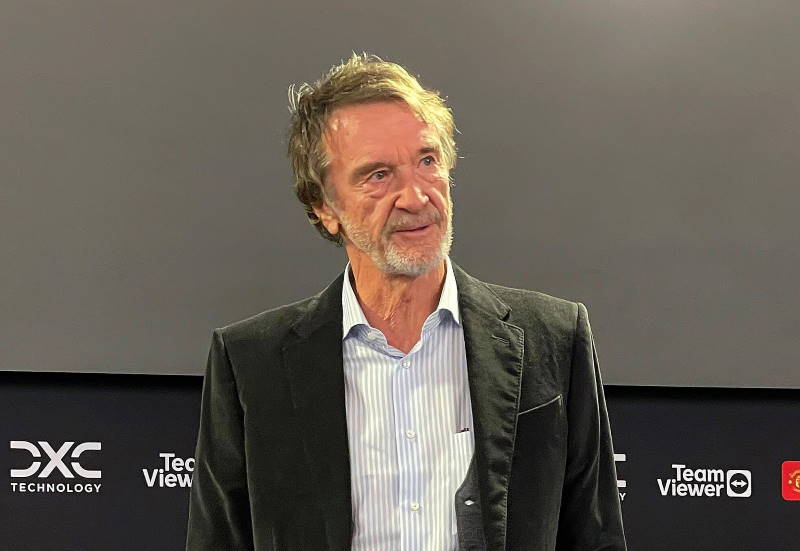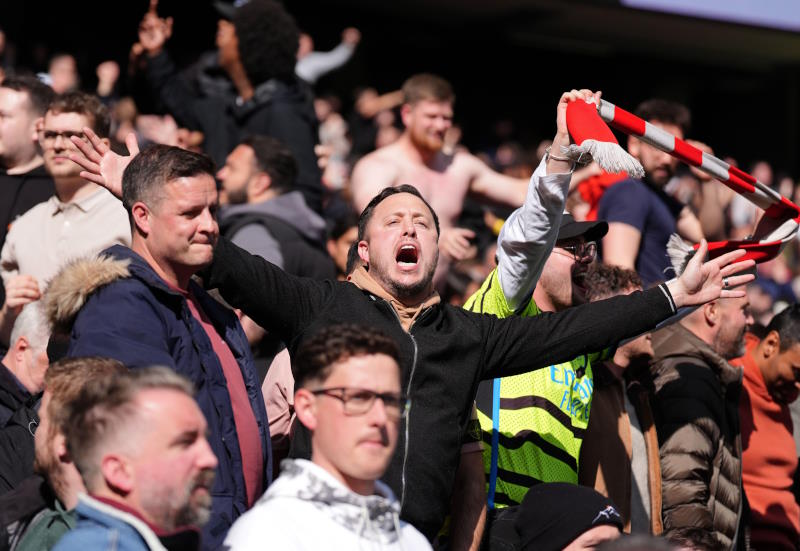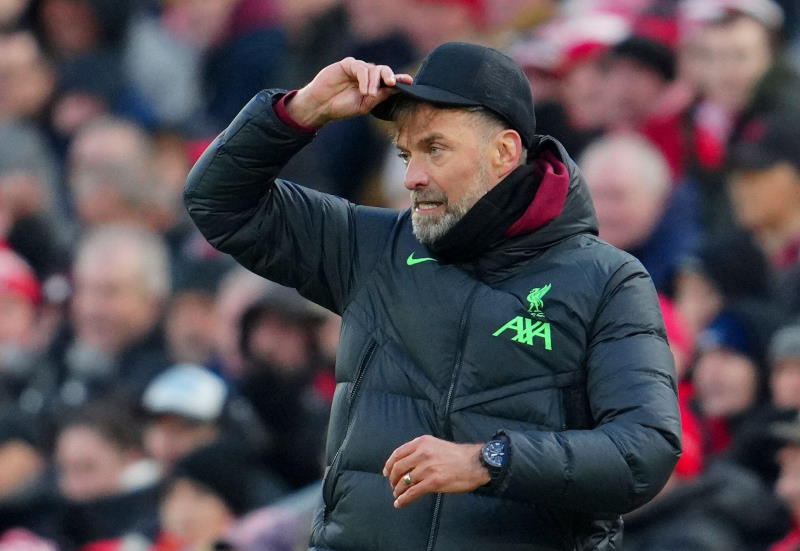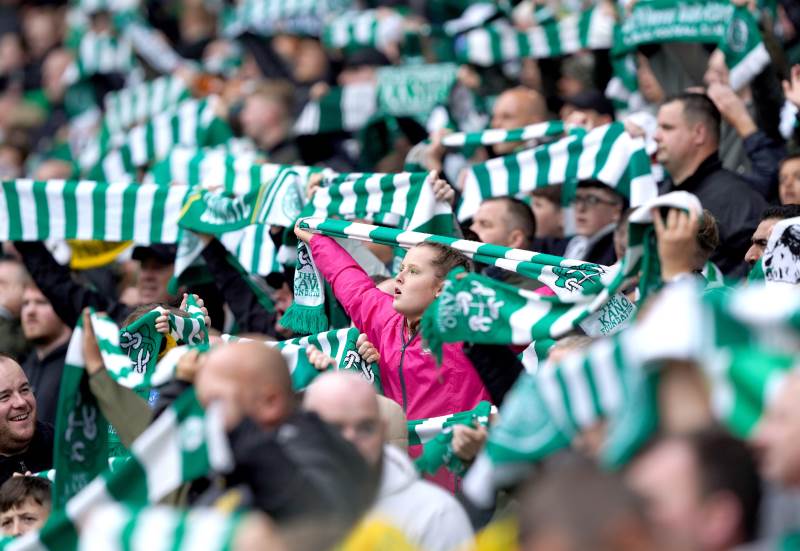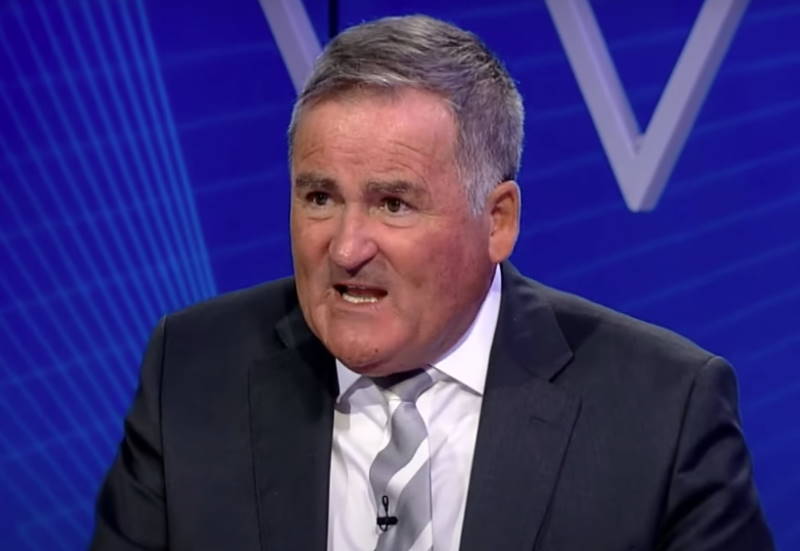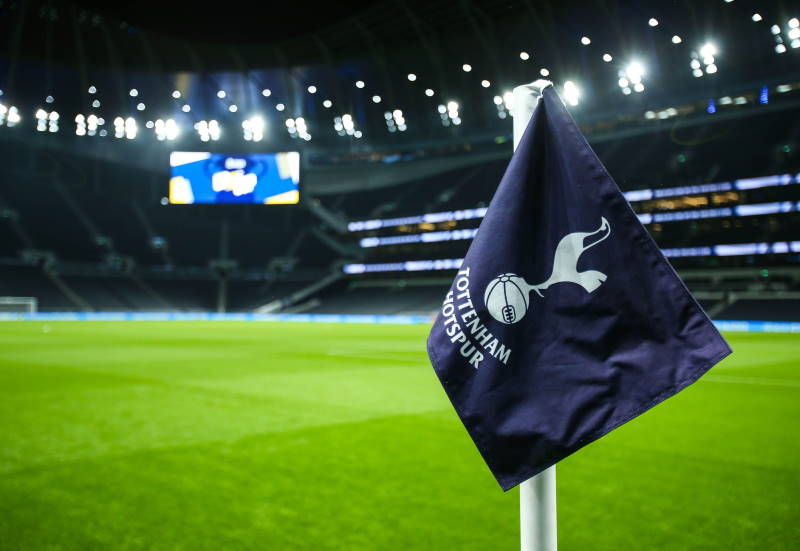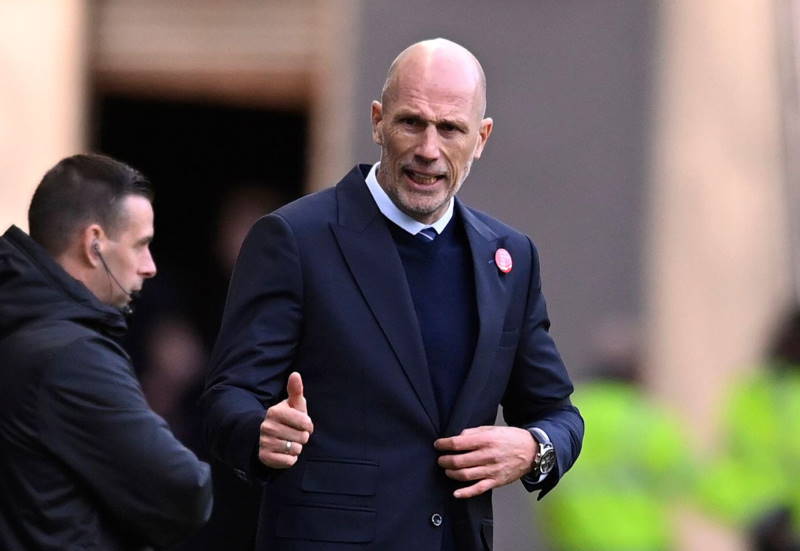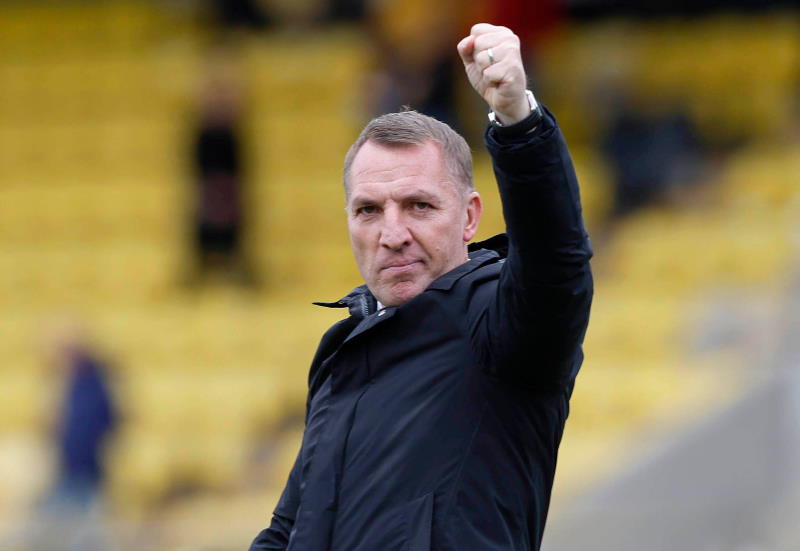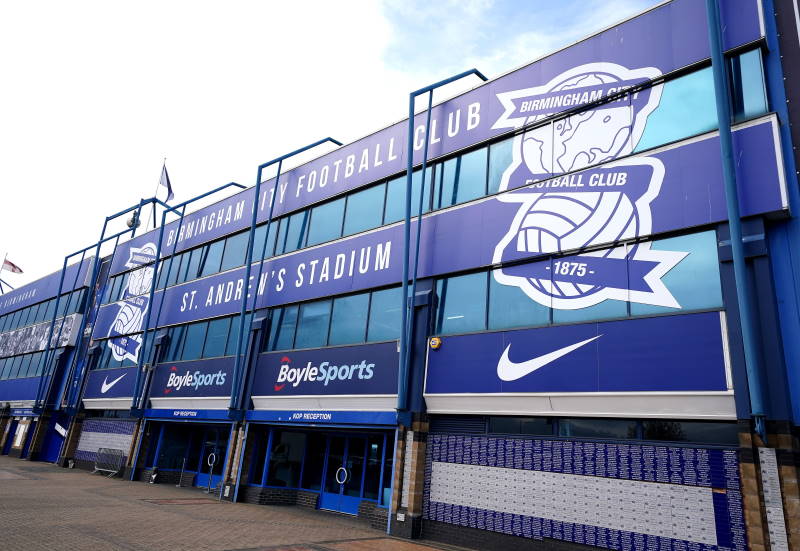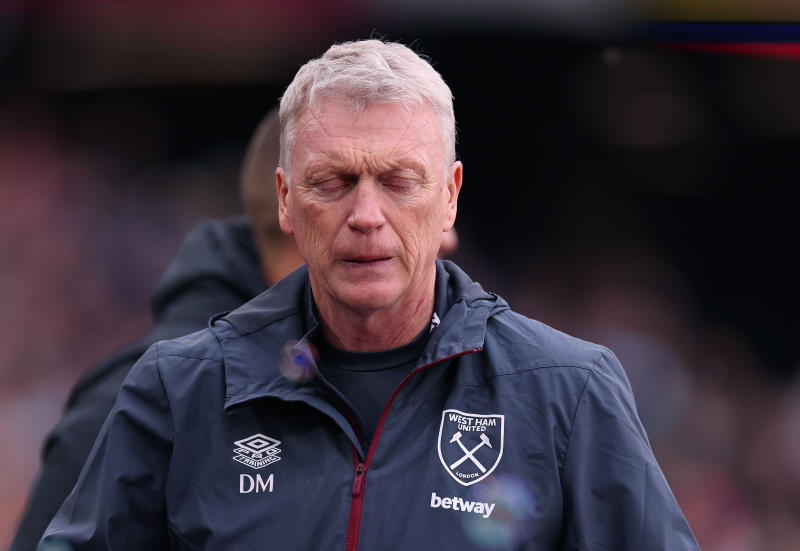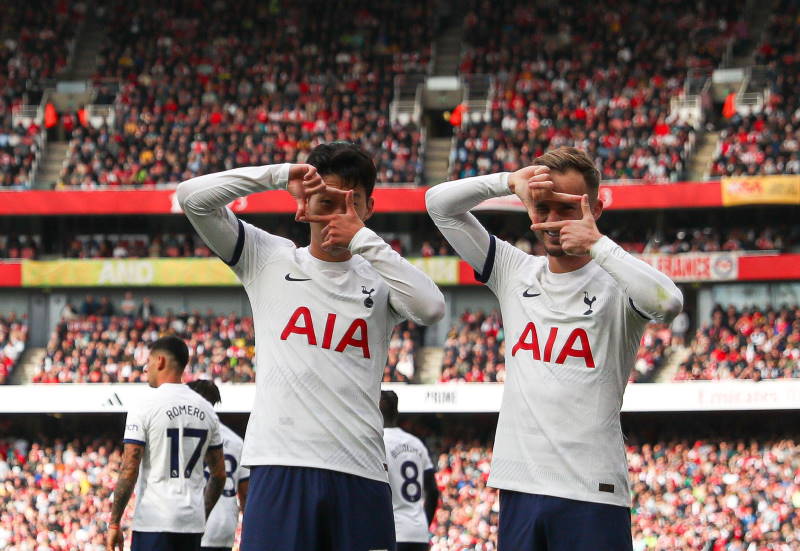
Tom Robinson
The notions of what constitutes a ‘big club’ are always prone to debate amongst football fans. Success – be it recent or historical – is usually key, with fan base and, increasingly, wealth also playing a part. In lieu of notable recent success, another factor is often a club’s top flight permanence – a sign of their longevity in the upper echelons of the footballing hierarchy.
For clubs such as Everton and Aston Villa, though neither have won a trophy since the mid-1990s, their established place at the top table of English football qualifies them among the elite (although ‘historically big’ is perhaps a more appropriate term). In fact, no team have spent more seasons in the country’s top division than the Toffees or the Villains, with 110 and 102 campaigns under their respective belts.
With this in mind, it has been a sobering season for Aston Villa fans. There were times when Paul Lambert’s ballsy gamble on youth looked as if it would seriously endanger Aston Villa’s ever-present record in the Premier League. After a dismal start to the calendar year, a run of five wins from eight games and Wigan’s fabled late charge failing to materialise ensured survival with a game to spare. Survival, given club captain Stillyan Petrov’s battle against cancer, seemed a fitting theme for a transitional season.
As a superb Robin van Persie hat-trick at Old Trafford clinched Manchester Utd their 20th title, thoughts drifted to another set of Red Devils that, like Aston Villa, were fighting to retain their top flight status.
Independiente, one of the ‘Cinco Grandes’ or ‘Big Five’ in Argentina, were among just three teams never to have been relegated from the Primera Division. Powerhouses during the 1970s when they won four of their seven Copa Libertadores titles – the most by any South American side – the club have fallen on harder times recently and went into this season staring down the barrel of a historic first relegation.
Barring the 2010 Copa Suderamericana win, results have been poor for some time and they headed into the campaign in a perilous situation in the promedios – the three-year average point score that decides relegation. As a general rule the 50-point mark per-year usually guarantees safety and Independiente were falling just short, amassing 43 in 2010/11 and 47 in 2011/12.
Americo ‘Tolo’ Gallego, the man who last guided Independiente to the title in 2002, was brought in last August and went about forging an impressive looking squad ahead of the Torneo Inicial. El Rojo ended a long run without a victory and briefly enjoyed an upsurge in results, but this was not to last for long as they failed to win any of their last eight games and they finished with just 17 points.
Boosted by the signing of fan favourite Rolfi Montenegro, Independiente started the Torneo Final well with two wins (including the Avellaneda Clasico against Racing), a draw and one loss against champions-elect Newell’s Old Boys. However, a seven-match winless streak put them back to square one and looking increasingly doomed.
Gallego left, with a win rate of just 37%, to be replaced by Miguel Brindisi. Results improved but, as was apparent at the turn of the year, it was already too little too late. The spectre of La B loomed ominously closer.
At the start of the campaign, Independiente’s main relegation rivals had appeared to come in the form of Quilmes and San Martin, with Union already all but down. But despite the conspiracies that abounded, Quilmes’ good form and a late surge from San Martin effectively took El Rojo’s destiny out of their own hands. A glimmer of hope emerged as Argentinos Juniors – who had a 15-point cushion at the start of the Torneo Final – were so bad that they dive-bombed towards to the relegation zone, coming within two points of Independiente at one stage, before a win against River Plate re-established some breathing space.
Going into the penultimate round of fixtures, only a miracle could save Independiente. This miracle, however, was not forthcoming and a loss to San Lorenzo, combined with victories for Argentinos and San Martin, consigned them to their long protracted fate. The fans’ sad yet peaceful resignation at full-time reflected an acceptance of their inexorable destiny, the nadir of their 108-year history.
Of course, Independiente’s demise is not without precedent or prior warning. Just two years ago River Plate famously lost their unblemished tenure in the Primera, while fellow giants San Lorenzo were a whisker away from relegation last year, saving themselves in the now defunct relegation playoffs. With this year’s edition of the Superclasico continuing the trend of underwhelming bouts between the two biggest clubs in the country, it leaves a damning indictment of the so-called grandes and indeed the state of Argentinian football itself.
The reasons for Independiente’s fall from grace are numerous. In the broadest of terms they have simply not produced the goods on the pitch. Faith in experienced players turned out to be misguided and by the time some of the bigger names had been ditched it was all too late.
Off the pitch things have been no better. Hamstrung by years of corruption (£42.6m in debt, a half-finished stadium, the large amount of money received for Sergio Aguero in 2006 having all but disappeared) president Javier Cantero has been a lone island in the admirable fight against the barra bravas (fan ultras) that continue to cripple the club. Unfortunately, this relegation may be mortal blow to his crusade.
Finally, Independiente have paid the price for the short termism endemic in the Argentinian domestic game. The short tournaments foster a mentality that makes any form of stability or continuity very rare, especially at the biggest clubs where the pressure to succeed is at its most volatile, while the relegation promedios were initially designed to save big clubs in case they suffered the odd poor season. Effectively, Independiente have become a victim of a system that was set up to protect them.
Trips to Gimnasia Jujuy, Douglas Haig and Crucero del Norte now await Independiente as they spend a year trying to rebuild their battered egos in the Primera B Nacional. The likes of Huracan and Talleres provide chilling reminders as to how far the mighty can fall, but Independiente would be wise to follow in the footsteps of River Plate who are already reaping the benefits of their cathartic second tier spell. Either way, a landmark season awaits.
Like to bet on football? Pay Inside Bet a visit!

